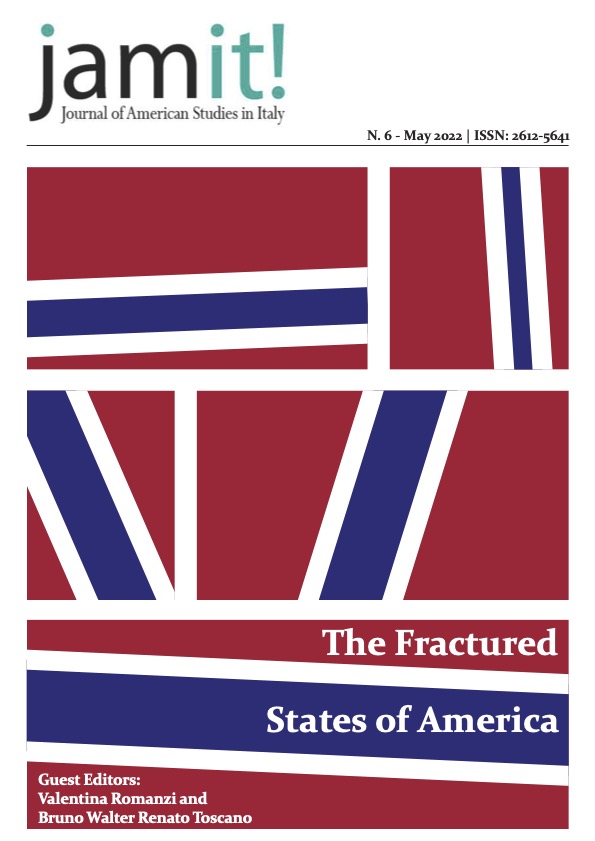United by White Supremacy
Women's Contributions to a "Whites Only" Citizenship Across the Generations
DOI:
https://doi.org/10.13135/2612-5641/6104Keywords:
whiteness, femininity, citizenship, white supremacyAbstract
This article explores how white women in the U.S. have centered their right to citizenship on the maintenance of white supremacy. While current scholarship primarily focuses on white male supremacy and women’s historical campaigning for citizenship, little is dedicated to establishing a connection between women’s white supremacy and their organizing efforts across the generations. Through a close examination and analysis of existing literature, I argue that different groups of women in varying spaces and times assisted to create a “whites only” citizenship by emphasizing their whiteness and femininity. Since the inception of the republic, white women have repeatedly claimed their right to agency and privilege by ideologically distancing themselves from the construct of the uncivilized, masculine, and promiscuous Black woman. They assert themselves as the “civilizing” fair sex who is educated, chaste, pure, and domestic. From the fair sex advocates of the founding era to the tradwives of today’s digital world, seemingly disparate groups of women united to advocate for a “whites only” citizenship. They used every avenue possible: violence against Black women and other people of color; wrote letters and ads; held protests and rallies; participated in grassroots organizing; built far-reaching political networks; published articles; and created social media accounts. These women teach us that white supremacy is sustained by our white women friends, relatives, colleagues, and neighbors. If we start to recognize their strategic weaponization of whiteness and femininity, we can better thwart the advancement of a “whites only” citizenship.
Downloads
Published
Issue
Section
License
Authors who publish with this journal agree to the following terms:
- Authors retain the copyright and full publishing rights for their submissions to the journal.
- Authors grant the journal right of first publication with the work simultaneously licensed under a Creative Commons Attribution-NonCommercial-NoDerivatives 4.0 International License that allows others to share unedited work for non-commercial purposes with an acknowledgement of the work's authorship and initial publication in this journal.
- Authors are able to enter into separate, additional contractual arrangements for the non-exclusive distribution of the journal's published version of the work (e.g., post it to an institutional repository or publish it in a book), with an acknowledgement of its initial publication in this journal.
- Authors are permitted and encouraged to post their work online (e.g., in institutional repositories or on their website) prior to and during the submission process, as it can lead to productive exchanges, as well as earlier and greater citation of published work (See The Effect of Open Access).





